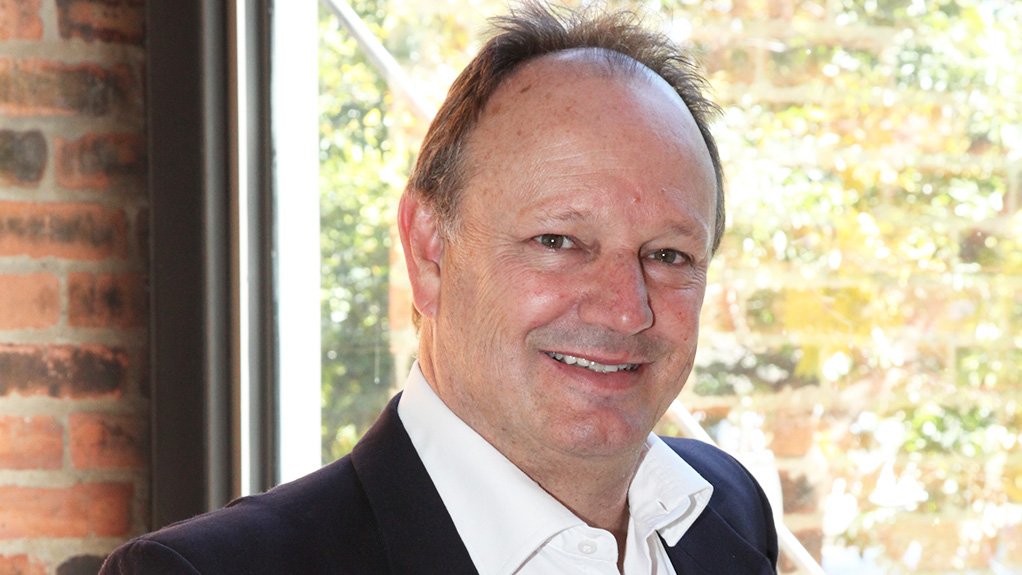/ MEDIA STATEMENT / The content on this page is not written by Polity.org.za, but is supplied by third parties. This content does not constitute news reporting by Polity.org.za.
The Organisation Undoing Tax Abuse (OUTA) has expressed its concern over the state of affairs of public health care, the risks associated with the poorly planned National Health Insurance (NHI) plan, and the proposed removal of tax credits from medical aid contributions, as proposed by Minister Gigaba at the mid-term budget speech in October 2017.
According to Wayne Duvenage, OUTA’s Chief Executive Officer, the organisation believes that Government’s ambitions to embark on the NHI plan is flawed and still rife with technical issues. OUTA expressed its concern about South Africa’s public health system which is not in a good shape and continues to deteriorate. The question is, even if NHI is implemented, is the South African government capable of providing “free healthcare for all”?
“We propose that Minister Dr Aaron Motsoaledi sets out first to rectify the current healthcare problems and avoid the introduction of a NHI scheme into a broken system. While the notion of good quality, free healthcare for all is correct, the NHI in its current format will not achieve that.”
OUTA said that the department needs to focus first on addressing issues plaguing the current public healthcare system, such as low staff morale, deteriorating public infrastructure, shortage of staff, the poor quality of service, as well as corruption and maladministration. Provincial health departments have also not demonstrated competency and accountability in their actions, particularly in light of recent events such as the Esidimeni crisis.
In Gauteng alone, there are over 2000 medical negligence claims amounting to R13 billion. This is not the characteristics of a functional healthcare system. All of this is already preventing the Department of Health from delivering on its mandate to support a healthcare system of a high standard that improves the health status of all South Africans, and NHI will not be the miracle cure for that.
Minister Motsoaledi has stated that “his hands are tied, when it comes to fixing the financial, technical and staffing problems experienced at state hospitals”. Even if this was true, ignoring this issues will ensure that NHI is a failure. The minister wants to implement a universal health cover for all yet he does not want to fix structures and the services that will make the implementation a success. “It’s like putting a plaster on a symptom instead of healing the cause of healthcare problems,” said Erin Klazar, Head of Research at OUTA.
Another major concern is the proposed removal of tax credits from medical aids as early as next year. “We are concerned that by removing tax credits provided to those on medical aid schemes, the problems related to general health care in South Africa will burden the national health infrastructure and will work in the opposite direction to the purported solutions or outcomes being sought by the Ministry,” said Duvenage.
The removal of tax credits, amounting to as much as R25 billion, could be viewed as a ploy for government to extract more funds from taxpayers to supplement the national fiscus. The removal of tax credits also affects the earning potential of individuals, an example of which being union members losing medical aid subsidies and possibly earning up to R60‚000 less per year.
In addition, over five million lower income earners in South Africa currently fall outside of the means test for free public hospital cover, but cannot afford medical aid schemes. The removal of tax credits means that more lower to middle income earners could potentially fall below the affordability threshold, and “drop out” of medical aids, leaving approximately two million more people without private medical cover. These individuals do not qualify for free health care, making them even more vulnerable.
The withdrawal of the tax credits therefore removes the facilitation of the constitutional right to access to health services for people with low and middle incomes, who will not receive the same coverage in an alternative environment such as the public healthcare system.
“Despite clear evidence that South Africa cannot afford NHI, and that the ability to effectively manage and administer the NHI will be seriously challenged, Health Minister Dr Aaron Motsoaledi is pressing ahead with this irrational plan in the face of mounting opposition.
Thus far the scheme is based on “selling an idea” without sufficient public participation, and adequate analysis of the technical elements and complications that will hinder the successful implementation and long term management of the system and yes, it will fail to achieve its objective much like the e-Toll scheme did,” said Duvenage.
“Minister Motsoaledi is a wise person. He has contributed many positive aspects to the country’s health challenges, however on the NHI matter, if allowed to proceed, his legacy will be that of seeking to force an impractical, irrational and unworkable scheme onto society that will ultimately fail, at immense cost to the nation. He would be wise to act now by consulting much deeper and with civil society, before he goes beyond the point of no return,” Duvenage concluded
OUTA is a proudly South African non-profit civil action organisation, comprising of and supported by people who are passionate about holding government accountable and improving the prosperity of South Africa
Issued by OUTA
EMAIL THIS ARTICLE SAVE THIS ARTICLE ARTICLE ENQUIRY
To subscribe email subscriptions@creamermedia.co.za or click here
To advertise email advertising@creamermedia.co.za or click here











